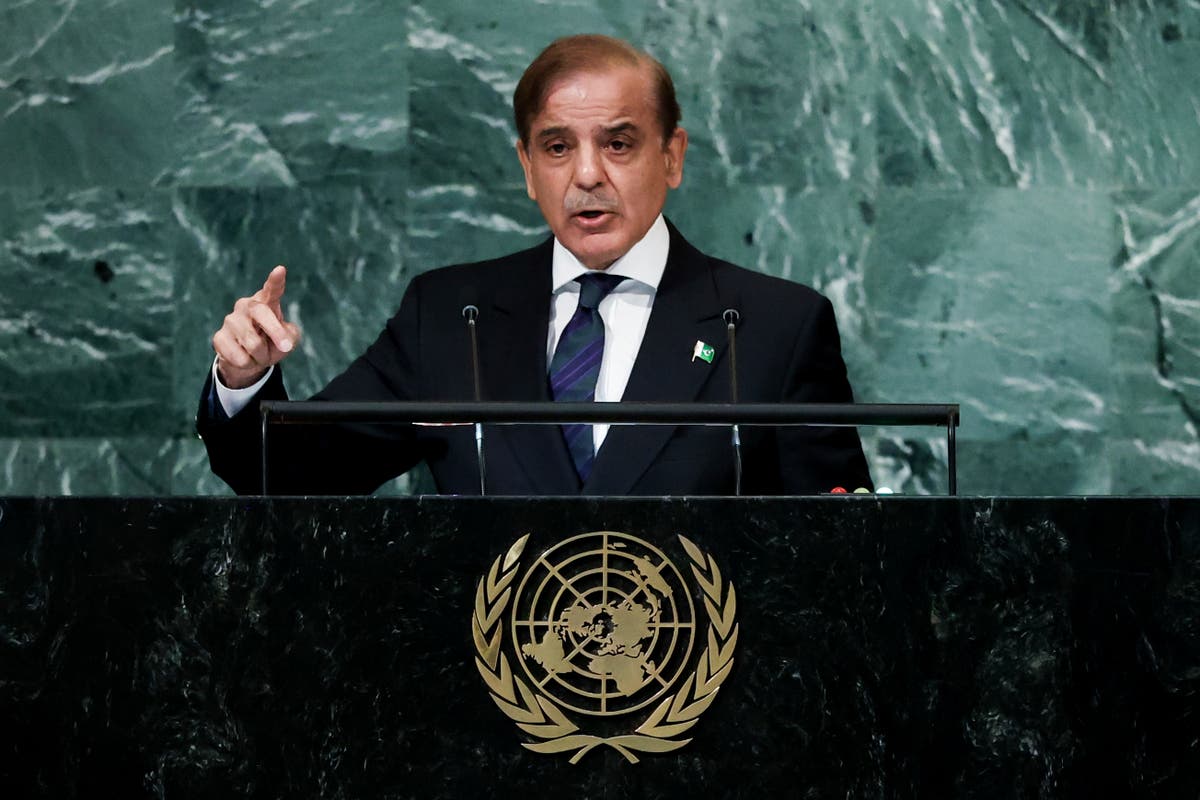
In a significant development in Washington on October 5, 2022, the United States has, yet again, accorded Pakistan the role of the conduit of its military plans that are key to its strategic presence, post its exit from Afghanistan, in a region that connects West, South, and Central Asia. No agreement was signed, nor was there any formal announcement that followed high-level meetings Pakistan Army Chief, General Qamar Javed Bajwa, had with Biden administration officials from the State Department and Pentagon. That the US has enjoyed close ties with Pakistan’s military, irrespective of who is in power in either country is a well-documented story that began in 1952, and is the backbone of a mutually beneficial transactional relationship based on money and military aid in return for strategic logistics support. The importance the US accords to the Pakistan military, irrespective of the civilian leadership of the day, was underscored by not just the talks with Gen. Bajwa, but also the latter’s much-speculated, much-awaited formal announcement, that he would be retiring next month. That also stabilizes the Shehbaz Sharif government. Bajwa will complete an extended tenure as the tenth Chief that began on November 29, 2016. It is the longest tenure under four civilian governments whose functioning, going by analysts and media reports, was deeply impacted by Bajwa and his top military brass. The Bajwa visit and talks came a week after Foreign Minister Bilawal Bhutto Zardari held formal talks. Both were received well earlier as well after the Biden administration began viewing Pakistan after Prime Minister Imran Khan, who took a stridently anti-US stance, was voted out in April. The relations have since consolidated amidst Khan’s allegations that his ouster was ‘engineered’ by the army that, according to analysts and Khan’s political opponents, had also ‘engineered’ his winning the 2018 elections. Besides announcing his retirement plans, Bajwa also held forth on Pakistan acting on what is loosely called the “Bajwa Doctrine ”. It stresses on Pakistan improving ties with neighbours and forging economic relationships including trade. Khan ignored this advocacy in March 2021. It suits the US plans for the region that includes de-escalation of Pakistan’s tensions with India. India has deep strategic ties with the US and will need to take note of the Washington developments that denote an end to the testy US-Pak ties under Khan. The US has ‘returned’ to its old logistic base in the region. Afghanistan’s Taliban government has already alleged, through its junior foreign minister Sher Mohammed Stanakzai that the US was giving ‘billions’ to Pakistan so that it could use logistics support to operate drones. (In one such operation, the US eliminated Al Qaida chief Ayman Al Zawahiri). The US needs to be around to combat the growth of Al Qaida and the Islamic State in the region. Countries of West and Central Asia will also need to take note of Pakistan’s reinforced role in the region. Iran, for one, has adversarial relations with US. The US is about to impose more stringent economic sanctions. Coinciding with the Bajwa talks was the release of a report by the Pakistan Study Group, an American think tank under the Centre for Global Development, that stressed that the US could not “walk away” from Pakistan, post its exit from Afghanistan last year. The study group, which did not involve the US government, included scholars and former US ambassadors to Pakistan Ryan Crocker, Cameron Munter and Robin Raphel, an old Pakistan hand since the 1980s, along with Husain Haqqani, Pakistan’s former ambassador in Washington. It stressed that the US needs to keep engaging Pakistan despite lingering distrust over Afghanistan, with investment and climate cooperation key to reducing the South Asian nation’s growing reliance on China. According to this paper, a modest, pragmatic relationship between the US and Pakistan would involve understanding that Pakistan and the US will “continue to see Afghanistan through different lens but can cooperate in maintaining peace in that country and alleviating its people’s suffering”. It also reminds American policymakers that “attitudes toward India at both the elite and popular levels in Pakistan will, at best, change slowly”. It makes no reference to the Kashmir issue which is the principal irritant between India and Pakistan that forces the US to take sides. The timing of the study’s release and the context is to warn the US against changing its priorities in the region after the Russians had quit and later, pressuring Pakistan to “do more” in tackling terrorism, post-9/11. The other context is the burgeoning relationship Pakistan has with China that the US can scarcely ignore, given its plans to ‘contain’ China’s emergence as a big player. The US is wary of Sino-Pak cooperation under the China-Pakistan Economic Corridor (CPEC) and sees Pakistan frequently playing the “China card”. But the US has facilitated the IMF loan’s disbursement and also released USD 450 million for ‘sustaining’ F-16 combat aircraft. The current floods in Pakistan have also prompted American aid in a significant way.








